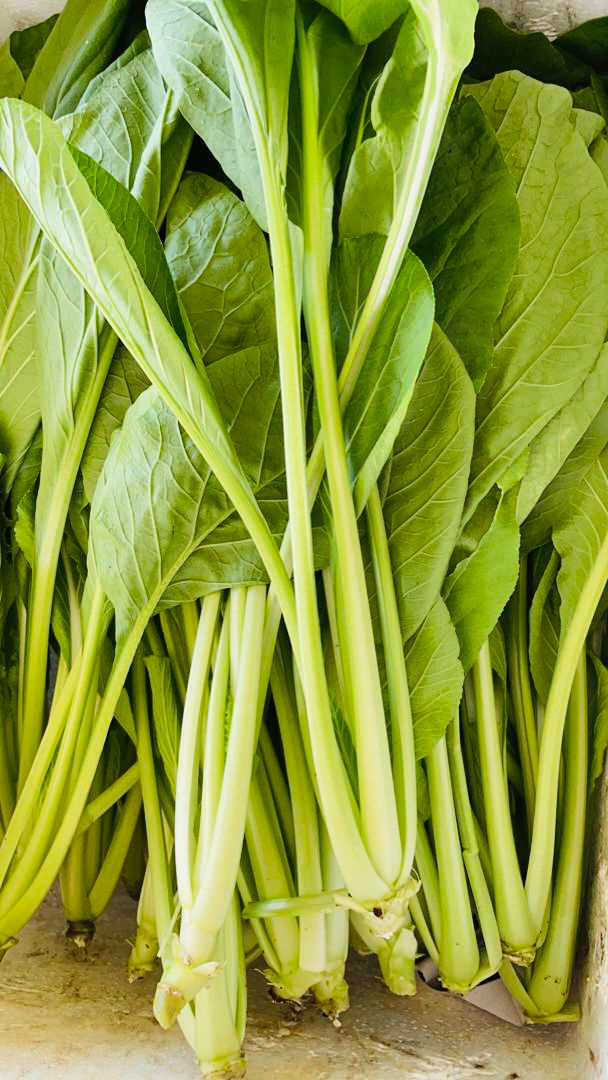My Journey Towards Reducing Food Waste: A Foreign Student's Perspective
- Saving Graze

- May 13, 2024
- 3 min read
Updated: May 16, 2024
As I wander through the streets of Kuala Lumpur, the markets and enticing food stalls awaken my senses. Malaysia’s diverse culinary landscape is unmistakable yet hidden within the commotion lies a crisis; food wastage. I was surprised to discover during my exploration of this country how crucial it is to address this problem. It all started with a realization. The food we discard not impacts our lives but also has significant implications, for our community and the environment on a broader scale.

During a visit to a local food market, amidst the chatter and fragrant spices, I noticed heaps of perfectly edible produce being discarded carelessly. Conversations with vendors revealed the staggering extent of this wastage, painting a grim picture of a nation grappling with excess and scarcity in parallel. I witnessed the harsh reality faced by many Malaysians struggling with food insecurity especially in the rural areas. The irony of surplus coexisting with scarcity struck me profoundly, igniting a fervent desire for change.
As an intern for Graze Market, a visit to one of our partnering farms opened my eyes to an ongoing problem. Misshapen fruits and slightly discoloured vegetables, still perfectly edible, were callously cast aside solely for failing to meet an arbitrary standard of beauty. The magnitude of this wastefulness struck me like a blow to the conscience. Exactly how could we avert to such wealth just because it really did not fit a fixed mould? This stark revelation shook me to the core, challenging my understanding of efficiency and prompting a fervent desire to advocate for change in our approach to food production and consumption.

Driven by this newfound awareness, I embarked on a journey to explore solutions. From grassroots initiatives to government policies, I encountered a myriad of efforts aimed at tackling food waste. Social Enterprises like Graze Market, and NGOs like The Lost Food Project, to name a few, find ways to redistribute surplus food to the public or to those in need, fostering a sense of solidarity and compassion.
Simultaneously, innovative technologies emerged, revolutionizing food management systems and minimizing waste along the supply chain. From surplus redistribution apps like Paperbox Malaysia, to biodegradable packaging like OPack, these advancements showcased the power of human ingenuity in combating a pressing global issue.
Yet, amidst these strides, challenges loomed large. Deep-rooted cultural norms and consumer habits posed formidable barriers to change. Overcoming these obstacles necessitated a shift in mindset, advocating for conscious consumption and sustainable practices at every level of society.
My journey through Malaysia's landscape of food, I uncovered more than just a love for an assortment of culinary delights. My journey has given birth to an awakening that reducing food waste is not just an ecological duty, but an ethical obligation. It is a testament to our collective responsibility towards future generations, a pledge to safeguard both our planet and its people.
As I continue to make Malaysia my temporary home, I carry with me a renewed sense of purpose. My experiences have instilled in me an unwavering commitment to championing the cause of food waste reduction, wherever my journey may lead. For in the tapestry of life, every morsel saved echoes a chorus of hope, weaving a brighter future for all.
Let us embark on this journey together, for in our unity lies the power to effectuate meaningful change. Together, we can turn the tide against food waste and forge a path towards a more sustainable and equitable world.
Until then, let us savour each bite, mindful of the journey it undertook to nourish us, and grateful for the opportunity to make a difference, one meal at a time.
__________________________________________________________________________
Anna is a Food Science & Technology student from Japan, currently studying in one of Malaysia's top universities. She was an intern with Graze Market between December 2023 to February 2024 and continues to advocate for reducing food waste in our everyday lives.




Llevo un tiempo usando JugaBet Chile y la experiencia ha sido bastante buena. La plataforma es rápida, con apuestas deportivas, e-sports y juegos instantáneos que funcionan sin problemas. Las cuotas en vivo son competitivas y todo es fácil de navegar. Si alguien más la usa, compartan sus opiniones y consejos.
Try licensed mental health medication management. Rent dumpsters fast with same day dumpster rental. Improve your home with best exterior paint. Stay informed with lifestyle tips from HelloSays.
Many students often struggle with multiple deadlines, coursework, and assignments, making them wonder if can someone write my assignment for me with MyAssignmenthelp. This platform helps learners handle their academic workload efficiently while maintaining high standards of originality and quality. By working with expert writers across various subjects, MyAssignmenthelp ensures that every assignment is completed systematically, on time, and according to academic requirements. This approach allows students to focus on other important areas of their studies, manage stress, and achieve consistent performance while ensuring their coursework remains accurate, well-organized, and submitted promptly.
Hye
Your journey towards reducing food waste is truly inspiring! It’s amazing how small changes, like mindful meal planning, can make such a big difference. Best book cover design may seem unrelated, but just like a well-designed cover attracts readers, your strategies attract awareness.